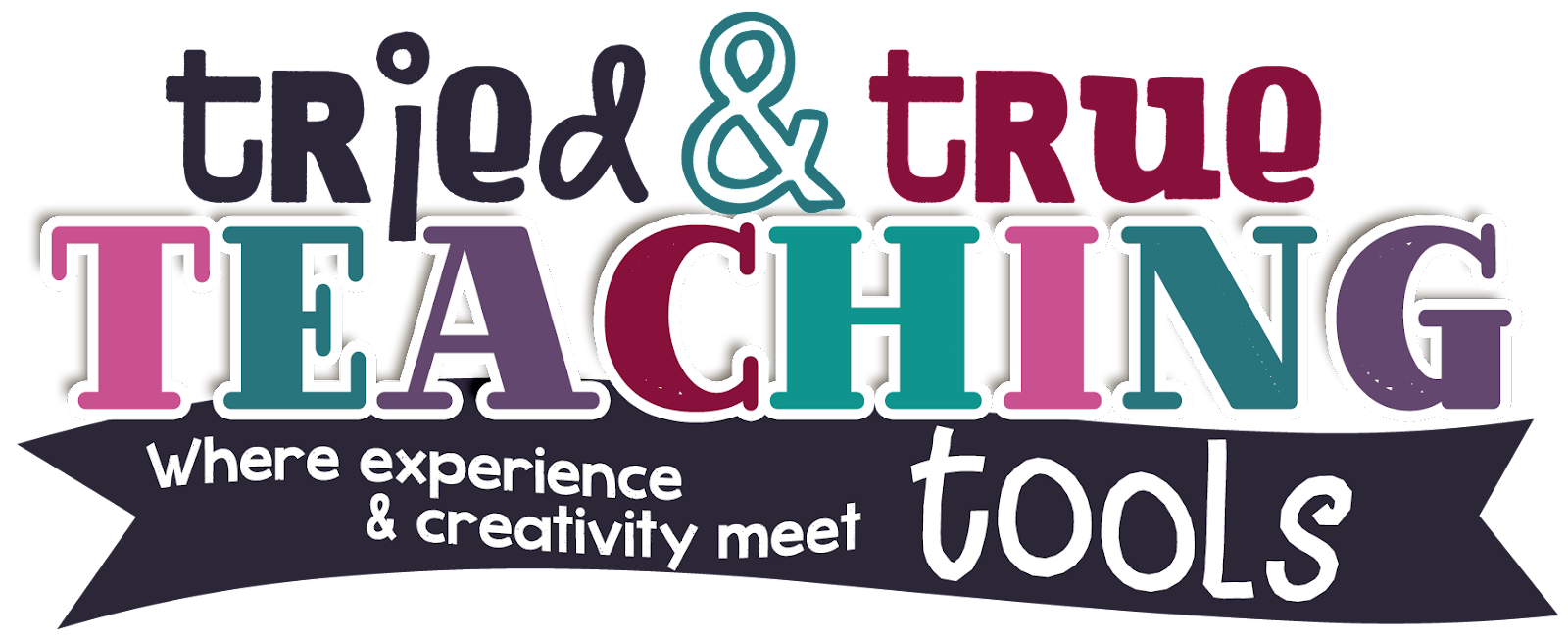Today we're covering Goal 4: Writing for Focus & Meaning, but if you missed the first few goals, you can catch up here:
Focus Strategy 1: Focus on an Issue (p. 156) This strategy has the writer think about the life/social issue their piece focuses on (e.g. bullying, racism, poverty, etc.) This is very effective because students have a passion for that issue and are able to add details to bring the issue to life in their story. A wonderful mentor book and video to use is Bully by Laura Vaccaro Seeger (2013). She shares her process, vision, and purpose for writing and why she included specific details to convey the issue.
Focus Strategy 2: What problem are you solving? (p. 157) My students LOVE complaining about their problems! In their Writer's Notebooks, they've listed things that bug them (and some kids are constantly adding to their list throughout the year! LOL)
These items lend themselves to writing persuasive pieces. Serravallo suggests prompts such as:
- What problem is your piece trying to solve?
- Try to say the problem as a statement.
- Why did you choose to include that specific detail?
- What other detail(s) would help to solve that problem?
You can read more about step-by-step persuasive writing here.
Focus Strategy 3: Write a Title (p. 139) Now writing a title may seem rather obvious to us, as adult readers and writers, but for children, it is a strategy worth teaching. Usually I tell my kids to wait to title a piece until they are finished; the final draft may lend itself to a title. Serravallo suggests brainstorming a list of titles for a piece, so writers don't just stick to a literal one. Don Murray, in A Writer Teaches Writing (1985), writes that a title should be honest, short, lively, pointed (have an opinion or angle toward the subject), and energetic (think about the verbs carefully!)
Here are a couple examples of titles my students revised for their non-fiction books they wrote.
These are only three mini-lessons from The Writing Strategies Book; Serravallo explains over 300 strategies! Be sure to get your own copy!!
Join us next Thursday for Goal 5: Organization and Structure!
Feel free to add your link!











Thank you so much for joining us for the book study! I am definitely getting so many ideas for next school year - I hope you are too! Thank you for sharing the video - I will have to check that out!
ReplyDeleteThanks, Kelly! I love reading everyone else's takes on the goals. This book is AMAZING!
Delete